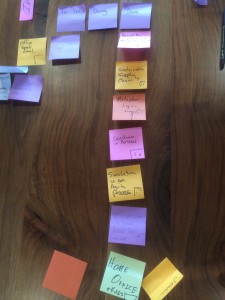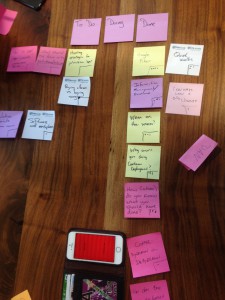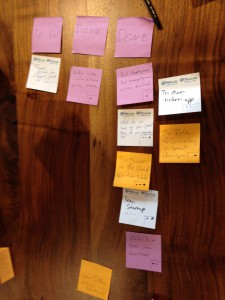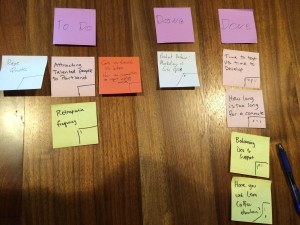Join us for Lean Coffee at Viewpoint Construction Software on Wednesday, August 5 at 7:30am. Viewpoint is located at the east landing of the Hawthorne Bridge, at 1510 SE Water Ave. Come to the Tech Center on the eastern side of Water Ave.
Lean Coffee is a simple, efficient, and fun way to discuss open ended topics in a small group. We’ll tend to focus on agile software development, but welcome any and all topics of interest. Porltand Lean Coffee is always an open, free community event.
For more on Lean Coffee, check out http://leancoffee.org/






